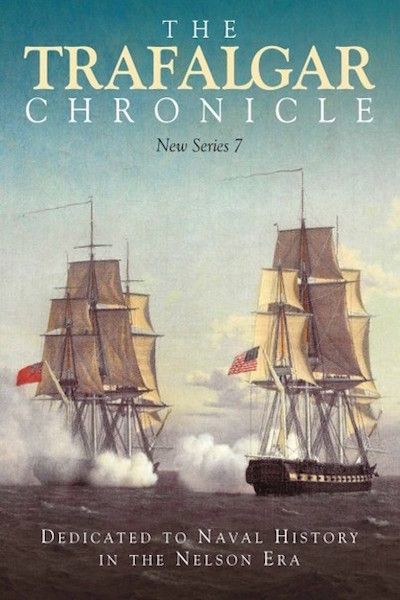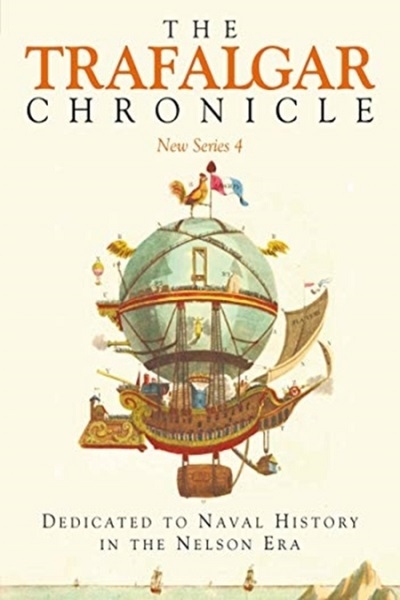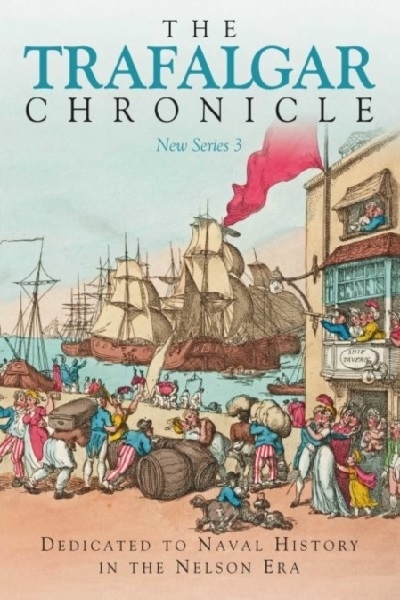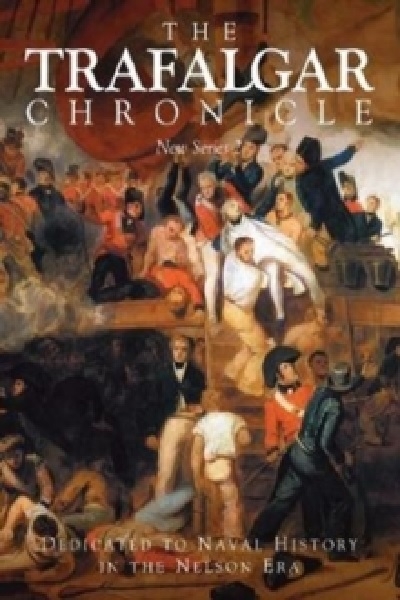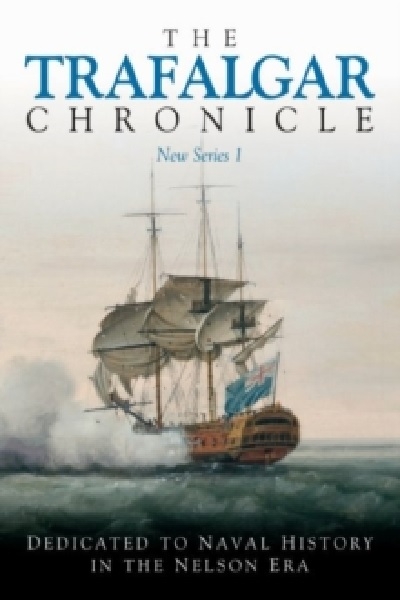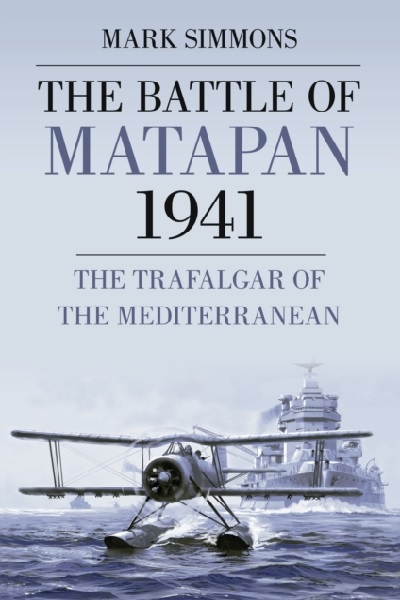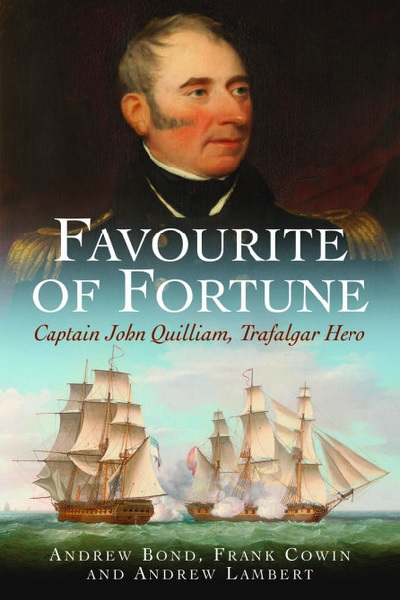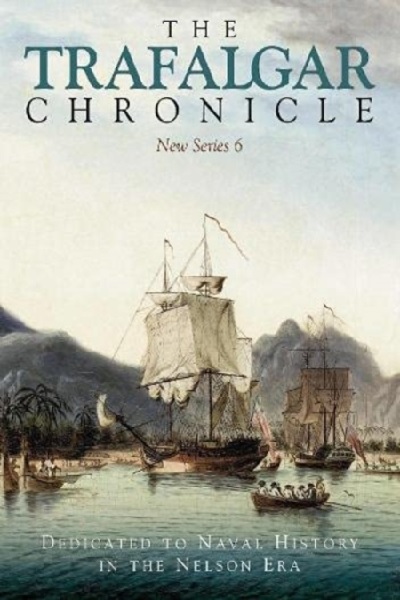The Trafalgar Chronicle is the publication of choice for new research about the Georgian Navy, sometimes called Nelson's Navy', though its scope includes all the sailing navies of the period from 1714 to 1837. The theme of the 2021 issue is Georgian Navy encounters with indigenous and enslaved populations'. The theme is particularly relevant to current-day discussions and social activism occurring across the globe, that have brought new insights and perspectives to Western history of colonisation, exploration, and slavery.
The lead article, by 1805 Club member Tom D Fremantle, tells the story of his ancestor, Philip Gidley King, who sailed to Botany Bay with the First Fleet in 1787\. becoming the first Lieutenant Governor of Norfolk Island. and the third Governor of New South Wales.
His encounters with the Maoris are unforgettably touching. Another contribution reveals how the British lured slaves away from their American masters' plantations with the promise of freedom during the War of 1812. In the tradition of recent editions, the 2021 Trafalgar Chronicle contains biographical sketches of Nelson's contemporaries including Vice-Admiral Sir Charles Saunders, naval hero of Quebec; Sir Harry Neale, Baronet GCB, a royal favourite; and Admiral Sir Philip Durham, a Trafalgar Captain turned politician.
Meanwhile, Captain Christer H gg, RSwN Rtd regales readers with the tale of Captain Johan Puke leading the Swedish fleet in a daring breakout from the Russian blockade at Viborg in 1790. Scholars and students, experts and enthusiasts fascinated by the era of the sailing navy will be absorbed by the latest edition of this handsomely illustrated journal.
ISBN: 9781399090469
Format: Paperback
Author(s): John Rodgaard & Judith Pearson
First Publishment Date: 21 November 2022

